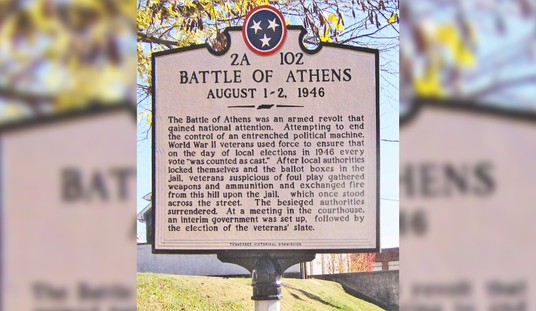A federal appeals court has for the first time ruled that a warrant is required for the government to obtain an individual’s stored cellphone location records.
The Thursday decision by a three-judge panel in the U.S. Court of Appeals for the 11th Circuit in Atlanta contrasts with a July 2013 decision by another appeals court that a warrant is not required.
That circuit court split increases the likelihood that the issue — one of the most pressing in privacy concerns in the digital age — will be settled by the Supreme Court.
“We hold that cell site location information is within the subscriber’s reasonable expectation of privacy,” the panel wrote in its decision. “The obtaining of that data without a warrant is a Fourth Amendment violation.”
The story comes via Jason Pye who adds:
Though this case, United States v. Davis, deals a federal criminal matter, the court’s opinion strikes at the heart of the legal argument for the NSA’s bulk metadata collection program. The federal government has argued that Americans’ have no reasonable expectation of privacy when it comes to records held by a third-party, such as a cell phone provider, erroneously using Smith v. Maryland (1979) as the basis for a vast domestic surveillance apparatus.
If metadata weren’t so valuable, Google would be a nice search company with minuscule revenues. The fact that it is so valuable (not to mention revealing) is exactly why it should be given Fourth Amendment protection as a part of your “papers and effects.”










Join the conversation as a VIP Member